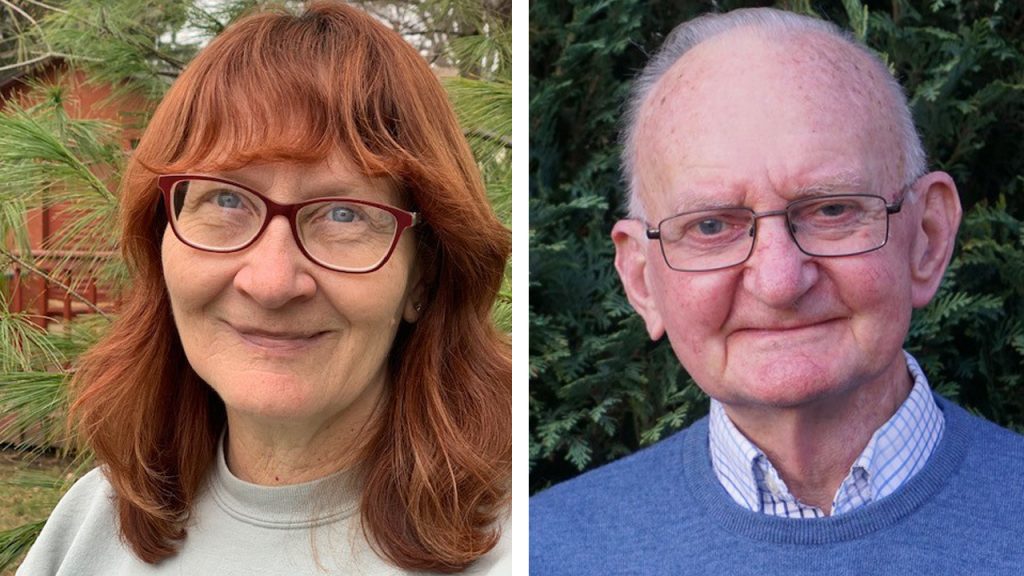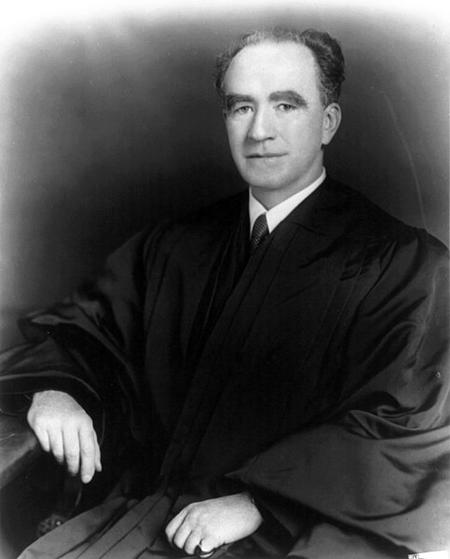Irish Immigrants Found Land, Opportunity and a Mini “Emerald Isle” in Michigan
A new book tells immigrant stories from every county in Michigan, and authors hope it inspires readers to tell their own stories.

Frank Murphy might be Michigan’s best-known Irish American. He was the 55th mayor of Detroit and the state’s 35th governor. President Franklin D. Roosevelt appointed him as U.S. Attorney General in 1939 and to the U.S. Supreme Court in 1940. The Third Circuit Court building in downtown Detroit is called the Frank Murphy Hall of Justice.
Murphy’s family story is included in the new book, “Irish Immigrants in Michigan: A History in Stories” by Elizabeth Rice and Pat Commins.
“There was so little written about them, we wanted to put something on paper.” — Pat Commins, co-author of “Irish Immigrants in Michigan: A History in Stories”

The authors collected stories of families who emigrated from Ireland to Michigan, though most were not as famous as Frank Murphy.
Commins, who lives in Ireland, says their research began in a cemetery in Owosso, Michigan.
“I was absolutely amazed at the headstones of the Irish immigrants in it,” he says. From there, he and Rice traveled to all 83 Michigan counties, visiting more cemeteries, libraries and museums. They met archivists, historians and genealogists.
“There was so little written about them that we decided to put something on paper,” Commins says.
The stories are short. Rice says that’s by design.
“By doing a separate story for each county, we wanted to make it an easy read,” she says. “You could read one story, put it down, come back the next day and pick it up again.”
Listen: Pat Commins and Elizabeth Rice talk about Irish immigrants in Michigan.
Most of the stories are similar. Thousands of 19th century Irish immigrants left their homeland to escape the death and poverty of the Great Famine. When they arrived in America, work was hard to find in crowded cities like New York and Boston, where many were denied jobs because of anti-Irish and anti-Catholic bigotry. Help wanted signs and newspaper want ads declared “no Irish need apply.”

Rice says many headed west.
“People started learning about the resources in Michigan, the lumbering, the mining,” she says. “And once the lumbering was done, agriculture spurred people on.”
Those who settled on Michigan farmland and began to work it started buying as much land as they could afford.
“Back home, they didn’t own land,” Commins says. “When they came to Michigan, they wanted land.”
Irish immigrants settled in every part of the state, including Beaver Island in northern Lake Michigan. It soon came to be known as Michigan’s “Emerald Isle.”
But even there, Commins says, they found hardship.
“There was a gentleman by the name of James Strang,” he says. “Strang was the leader of a Mormon group that broke away from Brigham Young, and he felt that Beaver Island was an ideal place for his followers.”
Strang declared himself the “king” of the island and ordered the eviction of anyone who did not convert to Mormonism. Those who remained were forced to follow Strang’s strict rules, which required women to wear certain types of clothing, such as bloomers.
Strang was assassinated on July 9, 1856. Rice says the Irish soon started coming back to Beaver Island.
“They began to write letters home and describe this new place, comparing it to Ireland,” she says. “It became an enclave where Irish was the first language for everything.”
Rice and Commins say they hope their book will inspire readers to research their own immigrant roots.
“There are thousands of stories still to be written about immigrants,” Commins says. “We hope our readers would rise up and tell their own stories.”
Trusted, accurate, up-to-date
WDET is here to keep you informed on essential information, news and resources related to COVID-19.
This is a stressful, insecure time for many. So it’s more important than ever for you, our listeners and readers, who are able to donate to keep supporting WDET’s mission. Please make a gift today.
